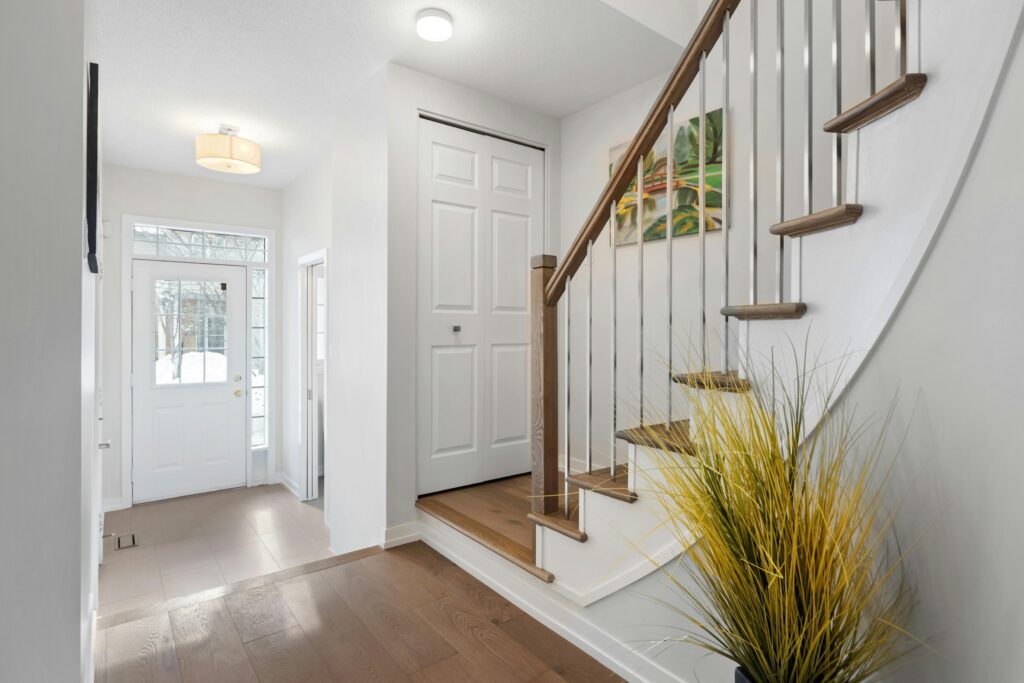June 27, 2023 | Homeowners
Is It Better To Sell Your First Home Or Keep It As An Investment?

Rather than selling, keeping your first home as a dedicated investment property can be an intelligent way to build wealth and enjoy financial security well into the future.
That said, every homeowner is different. When you’re ready to move on from your first home, determining the best path forward will require a closer look at your options, what they entail, and how managing an investment property will suit your short and long-term goals.
In this post, we’ll go over the advantages of keeping your first home as an investment property, and some of the special considerations for doing so.
Financial Advantages
Keeping your home as an investment property gives you the potential for generating a steady stream of passive income. By hosting tenants, you can bring in reliable, recurring income from monthly rental payments. You can then use these funds strategically – whether it be to offset mortgage payments on your next home or leverage additional income for other investments.
Plus, by utilizing your first home as an investment property, you can bypass the various costs associated with purchasing one on the market.
Thinking about selling your North of Boston home? Explore these blog posts to ensure you’re adequately prepared for the market.
- How to Downsize From My Family Home in Winchester
- 5 Simple Home Projects to Prepare for the Market
- When Does it Work to Sell Your Home First?
Long Term Flexibility
Another advantage of keeping your first home as an investment property is that it provides flexibility and options for the future.
Real estate has long proven to be a smart investment asset because its value typically appreciates over time. In many cases, the longer you hold onto your home, the greater growth in value it will see. By holding onto your first home you can elevate your equity and set yourself up for a profitable future sale.
Returning as a Downsizer
As time goes on, your circumstances may change, and you may find yourself looking to move on from your future home. By retaining your first home as an investment property, you maintain the possibility of returning to it if needed – saving you from the hassle of searching for a new home. Additionally, if you choose to convert the home into a multi-unit property, you could move into an available unit or suite while still collecting passive income.
Unsure if you’re ready to move on from your first home? Read our blog post about timing your home sale to suit your goals here.
Special Considerations: Managing the Property
While it’s easy to get excited by the advantages of renting out your home it’s also important to be realistic when evaluating your ability to manage an investment property effectively. From finding tenants to handling maintenance requests and addressing potential issues, being a landlord may not suit everyone’s lifestyle.
While converting your current home into a rental property may seem more simple than purchasing a dedicated investment asset on the market, you will still have various responsibilities around property and tenant management.
If your personal schedule is already full, or if your upcoming move to a new home takes you a fair distance away from your rental property, overseeing your landlord duties could become more difficult – especially when challenges arise.
Want to ensure your home sale earns a top ROI? Consider these other seller-focused resources from our site.
When to Sell
Managing an investment property can be a great method of earning passive income, however, it’s not for everyone. Depending on your financial and lifestyle goals, it may be a better option to sell.
While managing an investment property is not a full-time job, it is a significant commitment that requires time, effort, and willingness to learn. If you are looking to reduce your obligations in the next chapter of your life, selling may be the better option.
That said, choosing to sell isn’t exclusively about lifestyle. For instance, if you intend to upsize to a larger property, you may need to leverage the funds from the sale of your first home in order to make a down payment.
Further, certain market conditions may also make it more advantageous to sell than rent. In instances where the market is heavily favoring sellers, choosing to list could allow you to capitalize on amplified demand.
Ask An Agent
Both selling your first home and keeping it as an investment property have their advantages. Before making any decisions, it’s essential to weigh the pros and cons, considering factors such as market conditions, your personal financial goals, and your desired lifestyle.
When it comes to understanding how each option fits your real estate goals, it’s best to speak with an expert – like Andersen Group Realty. We take a personal approach to real estate. Starting with an in-depth conversation about your reasons for moving, we’ll explore each option to help you determine the right path forward.
Considering the sale or rental of your North of Boston home? Discover Andersen Group Realty’s unparalleled advisory services today. Click here to send us an email or call 781-729-2329 to get started.

